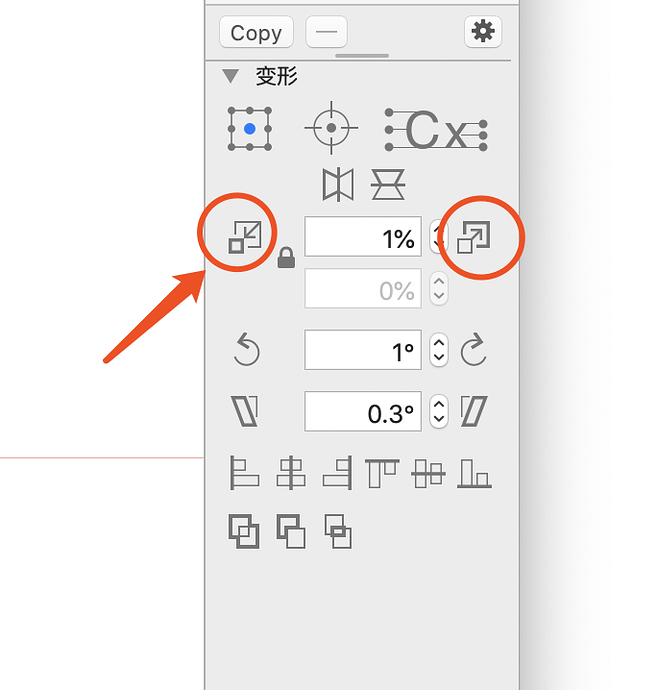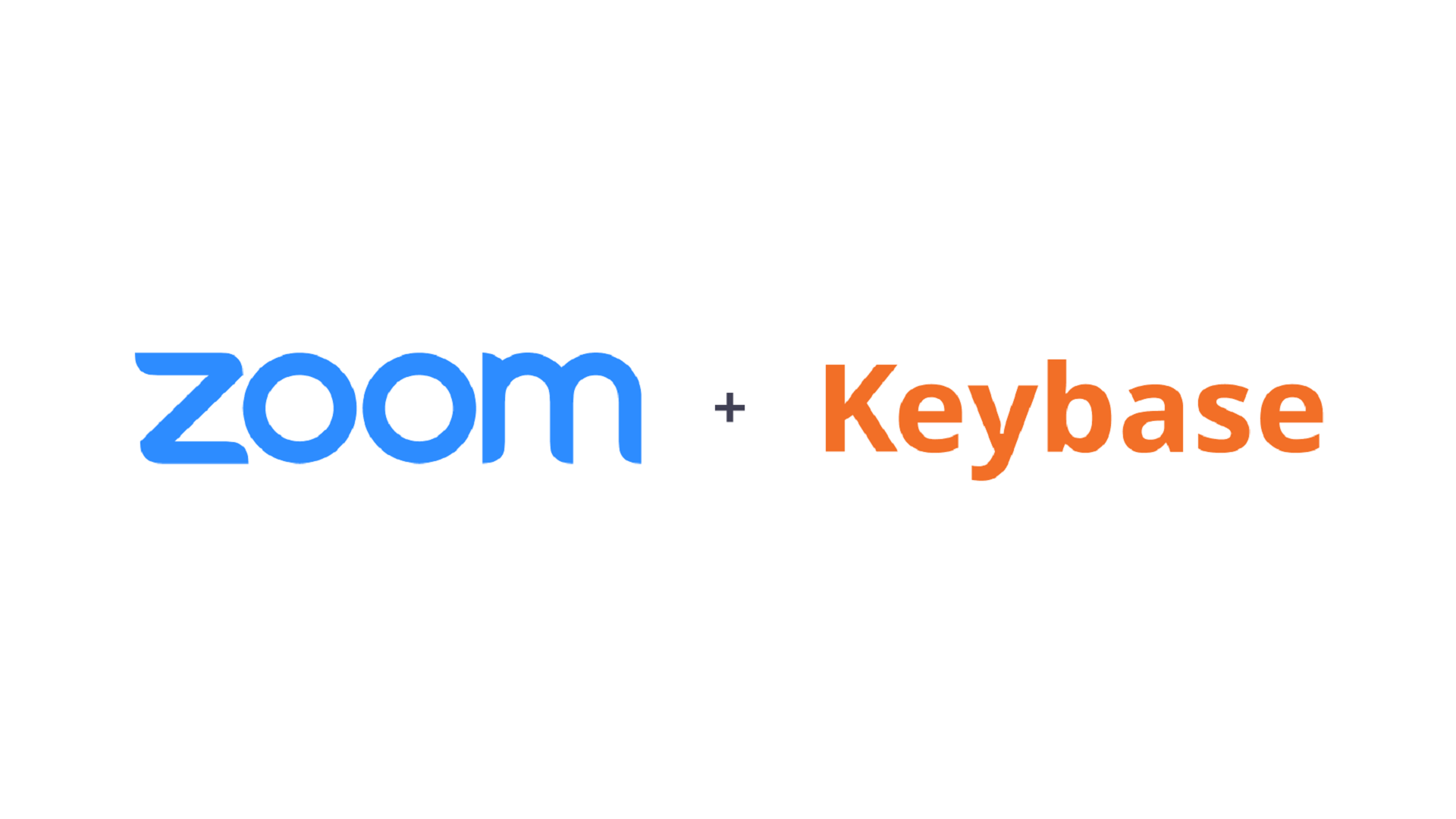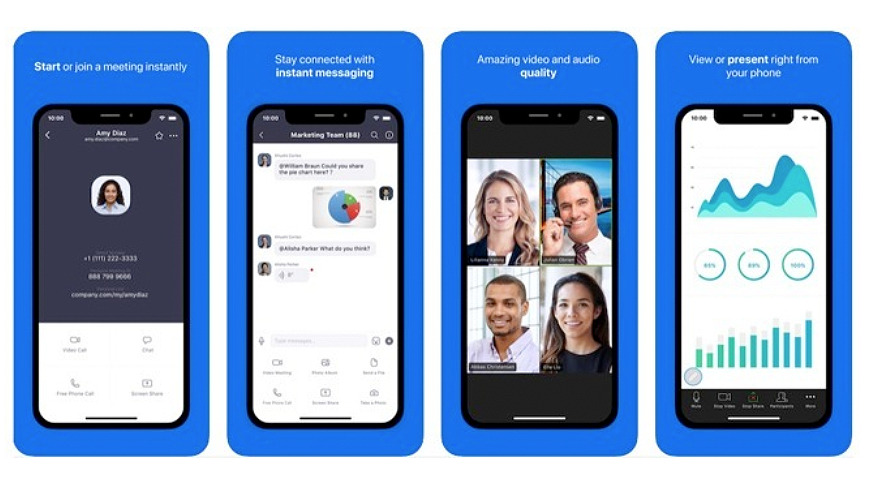

#Deleted zoom keybase kept chat images password#
If your data were locked with a strong password that only you knew, only on your device, then the best hackers could get nothing by hacking Apple's data servers. With the Washington Post's proposal, it will all be leaked, a kind of secure golden shower. Up next: your personal pics, videos, docs, messages, medical data, and diary. So hackers have (1) stolen everyone's credit cards, and (2) stolen celebrities' personal pictures. Other digital documents are very, very personal.Ĭonsider: she deleted her pics long ago.we'll get to data permanence in a bit. Home Depot and Target? They were recently hacked to the tune of 100 million accounts.ĭespite great financial and legal incentive to keep your data safe, they could not.īut finance is mostly boring. If Apple has the key to unlock your data legally, that can also be used illegally, without Apple's cooperation. Whether you're a regular, honest person, or a US legislator trying to understand this issue, understand this list. Make no mistake, what Apple and Google are proposing protects you. Not threats to terrorists or kidnappers, but to 300 million Americans and 7 billion humans who are moving their intimate documents into the cloud. The following is a list of real threats their policy would thwart. Unfortunately he's not seeing beyond his own job, and WaPo didn't look much further.Īpple’s anti-backdoor policy aims to protect everyone. Perhaps the reason the WaPo is so confused is that FBI Director James Comey has told the media that Apple's anti-backdoor stance only protects criminals. If Apple, Google and Uncle Sam hold keys to your documents, you will be at great risk. Practically speaking, the Washington Post has proposed the impossible. Government or Apple employee in the year 2015 They envision a magic tool that only the righteous may wield. They also assume it would be immune to bugs. The Post assumes that a “secure key” means hackers, foreign governments, and curious employees could never break into this system.

With it, they could open any of your docs: your photos, your messages, your diary, whatever. You'd pick your own password for when you needed your data, but the companies would also get one, of their choosing. This backdoor would, by design, allow Apple and Google to view your password-protected files if they received a subpoena or some other government directive. Here’s why.Ī “golden key” is just another, more pleasant, word for a backdoor-something that allows people access to your data without going through you directly. But this proposal is nonsense, and, given the sensitivity of the issue, highly dangerous.

Kidnappers and terrorists are exposed, and the rest of us are safe.

This theoretical “secure golden key” would protect privacy while allowing privileged access in cases of legal or state-security emergency. This week, the Washington Post's editorial board, in a widely circulated call for “compromise” on encryption, proposed that while our data should be off-limits to hackers and other bad actors, “perhaps Apple and Google could invent a kind of secure golden key” so that the good guys could get to it if necessary.


 0 kommentar(er)
0 kommentar(er)
